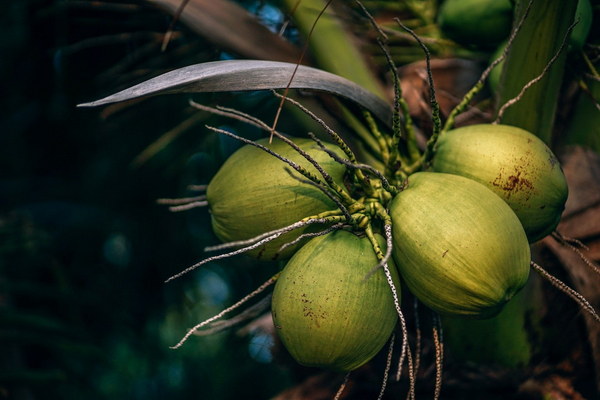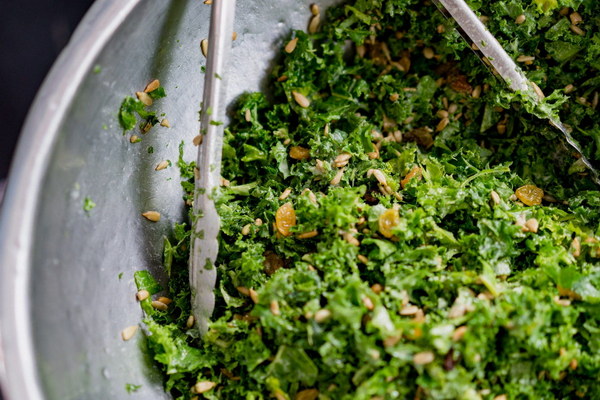Enhancing Hepatic Health in Eel Aquaculture A Comprehensive Approach to Liver Protection and Support
The success of eel aquaculture relies heavily on the health and vitality of the eels themselves. Among the various health challenges faced by eel farmers, liver diseases stand out as a significant concern. Liver dysfunction can lead to poor growth, increased susceptibility to infections, and ultimately, higher mortality rates. This article delves into the importance of liver health in eel aquaculture and provides a comprehensive approach to liver protection and support.
Understanding Liver Health in Eels
The liver is a vital organ that performs numerous functions in the body, including detoxification, metabolism, and immune response. In eels, the liver is particularly susceptible to stress, poor water quality, and nutritional deficiencies, which can lead to a range of liver diseases such as steatosis, hepatitis, and cirrhosis.
Maintaining optimal liver health is crucial for the overall well-being of eels. A healthy liver ensures efficient processing of nutrients, elimination of toxins, and support of the immune system, all of which are essential for the survival and growth of eels in an aquaculture setting.
Risk Factors and Challenges
Several factors can compromise the liver health of eels in aquaculture:

1. Poor water quality: Ammonia, nitrite, and heavy metal levels can all adversely affect liver function.
2. Feeding practices: Overfeeding, underfeeding, or feeding inappropriate diets can lead to liver dysfunction.
3. Stress: Environmental stressors such as temperature fluctuations, overcrowding, and disease can strain the liver.
4. Pathogens: Bacterial, viral, and parasitic infections can directly damage the liver and disrupt its normal functions.
Comprehensive Approach to Liver Protection and Support
To safeguard the liver health of eels in aquaculture, farmers must adopt a multi-faceted approach:
1. Water Quality Management
Maintaining optimal water quality is crucial for liver health. Regular monitoring of parameters such as pH, ammonia, nitrite, and nitrate levels is essential. Implementing water treatment systems, such as ozonation or UV sterilization, can help reduce the levels of harmful substances and improve water quality.
2. Nutritional Support
A balanced diet is key to maintaining liver health. Ensure that the eels receive a nutritionally complete feed that meets their specific dietary requirements. The diet should include high-quality protein, essential amino acids, and antioxidants to support liver function. Omega-3 fatty acids have also been shown to protect the liver and reduce inflammation.
3. Stress Reduction
Minimize stress by providing adequate space for the eels to swim, avoiding rapid changes in water temperature, and ensuring that the stocking density is appropriate for the given tank size. Regularly monitor the water quality and address any issues promptly to prevent stress-related liver damage.
4. Disease Prevention and Control
Implement biosecurity measures to minimize the risk of infection. This includes maintaining clean facilities, using disease-resistant strains of eels, and regularly disinfecting equipment and water. Vaccination programs can also help protect against certain diseases that may affect the liver.
5. Liver Supportive Supplements
Consider supplementing the diet with liver-supportive ingredients such as silymarin, a compound found in milk thistle, which has been shown to protect liver cells and aid in detoxification. Other supplements like chlorella and spirulina can provide additional nutritional support for the liver.
Conclusion
Liver health is a critical aspect of eel aquaculture. By addressing the various risk factors and implementing a comprehensive approach to liver protection and support, farmers can ensure the well-being and productivity of their eels. Regular monitoring, proper water management, nutrition, and disease control are all essential components of a successful eel farming operation. By prioritizing liver health, farmers can create a more sustainable and profitable aquaculture business.









